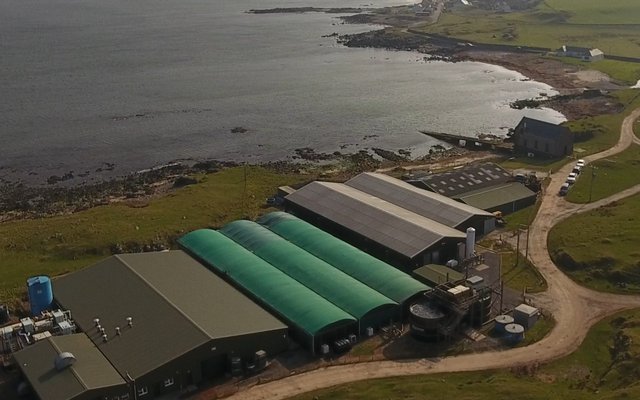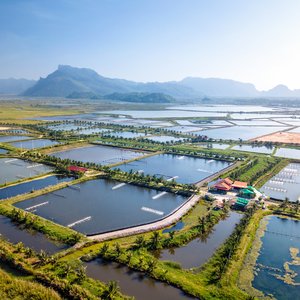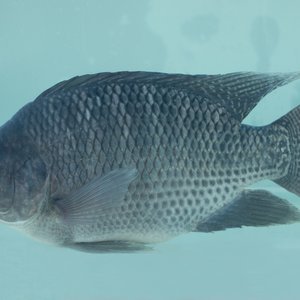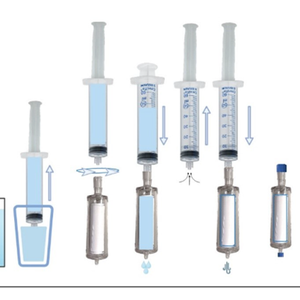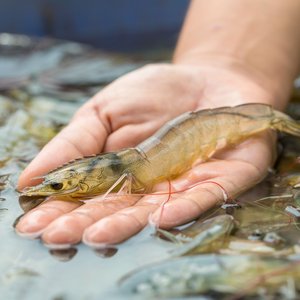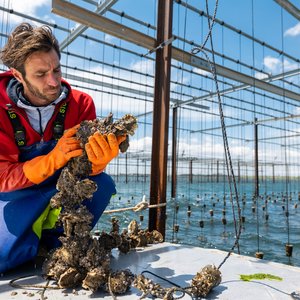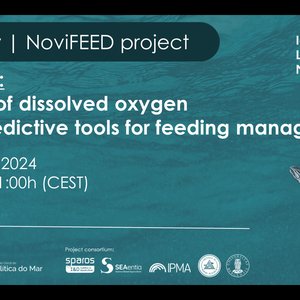A multidisciplinary team of scientists has been awarded £1.5m to develop an oral vaccine to combat sea lice in farmed Atlantic salmon.
An increase in salmon louse prevalence and disease issues, largely as a result of climate change, has an estimated annual economic impact on the industry of $1bn (£789m). Meanwhile, demand for salmon continues to increase, making the need for the timely development of an effective vaccine more pressing than ever.
The development of a commercial vaccine would provide a practical, safe and eco-friendly approach to tackling the issue. Tests using traditional methods for administering salmon lice vaccines via injection have shown limited success.
As an alternative, a team of internationally renowned experts in the fields of ecto-parasitology, molecular biology, bioinformatics, veterinary medicine, and fish immunology are developing an oral vaccine that will generate an effective immune response within the skin of the salmon.
The oral vaccine will be designed to affect the biology of the salmon louse during its parasitic phase, impacting aspects such as attachment, development and/or maturation. The team will utilize state-of-the-art techniques, including reverse vaccinology (RV) and artificial intelligence (AI) via the EpitoPredikt™ platform to quickly identify key biological targets within the salmon louse and predict which candidate antigens are able to stimulate the correct immune response in the fish. The relevant candidates will then be fused together and expressed as a mosaic antigen through the EpitoGen® scaffold technology. The mosaic antigen will form the basis of a suitable vaccine.
Sean Monaghan of the University of Stirling’s Institute of Aquaculture will be conducting and running the vaccine trials and assessing molecular aspects of the parasite at infectious life stages that could be exploited for vaccination. The trials will take place at the University’s Marine Environmental Research Laboratory (MERL) at Machrihanish near Campbeltown.
“Through testing combinations of immune-relevant sea lice antigens together, this project will enhance the immunological response to this complex disease agent,” said Monaghan.
Funded by the Biotechnology and Biological Sciences Research Council (BBSRC), the project is an interdisciplinary collaboration between the Moredun Research Institute (MRI), the University of Stirling's Institute of Aquaculture (IoA), Bimeda Animal Health (BAH), which also contributed £150,000, and Vertebrate Antibodies Ltd (VAL) with an Industrial Award Partnership contribution from BAH.
Kim Thompson of the Moredun Research Institute, who is leading the project, said that “the development of an innovative salmon louse vaccine represents a groundbreaking approach in the aquaculture industry. By harnessing the power of reverse vaccinology and artificial intelligence, our interdisciplinary team is poised to deliver a practical, safe, and environmentally friendly solution for combating the problem of salmon lice. This vaccine, designed to enhance both systemic and mucosal immune responses in Atlantic salmon, promises not only to bolster the health and welfare of the fish but also to support the sustainable expansion of the Atlantic salmon industry.”


